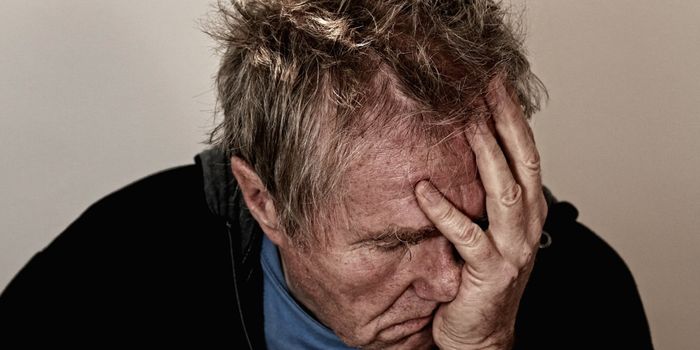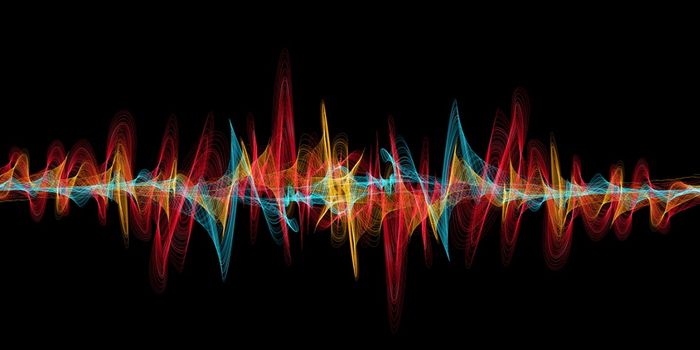Cannabis Not as Promising as Hoped for PTSD

New information on the subject comes from a long awaited trial whose results landed this week in PLOS ONE.
The study, led by Marcel Bonn-Miller of the University of Pennsylvania and Sue Sisley of the Scottsdale Research Institute, was funded by a $2.2 million grant from the Colorado Department of Public Health and Environment (CDPHE) to the Multidisciplinary Association of Psychedelic Studies (MAPS). Researchers fought for seven years to obtain approval to conduct the study, and it took three more years to carry it out.
The researchers found little evidence for effectiveness of cannabis in PTSD, though it was a safe and well-tolerated treatment.
76 military veterans with PTSD (mostly men between the ages of 24 and 77) were involved in the study in which participants were randomized to receive cannabis equivalent to 2-3 joints daily, or a placebo, for 21 days prior to a 2-week washout period followed by re-randomization to one of three cannabis treatment groups. In the second phase, some participants self-administered cannabis with 12% THC over three weeks, others received an 11% CBD product with minimal THC and a third group received a balanced THC-CBD product, containing roughly 8% THC and 8% CBD. A fourth and final group received a placebo with almost zero active cannabinoids.
The results found that in this randomized placebo-controlled trial of smoked cannabis for PTSD, no active treatment statistically outperformed placebo.
All treatment groups, including placebo, showed good tolerability and significant improvements in PTSD symptoms during three weeks of treatment. In fact, nearly half of the veterans who received a placebo believed they had been given active cannabis.
The study’s authors cited several confounding factors that may have contributed to the results, including issues surrounding the quality and potency of the National Institute on Drug Abuse-supplied cannabis and the fact that the study sample included participants with a history of cannabis use.
“The recruitment of active cannabis users might have increased the potential for biased responding,” the researchers wrote. “Despite many participants already having experience with the drug, nearly half of those receiving placebo believed that they received active cannabis. Prior expectations about cannabis’ effects might explain why even those in the placebo condition reported larger than average reductions in PTSD symptoms after only 3 weeks of treatment.”








